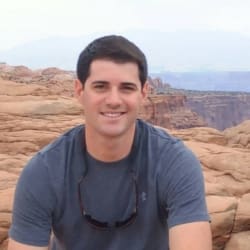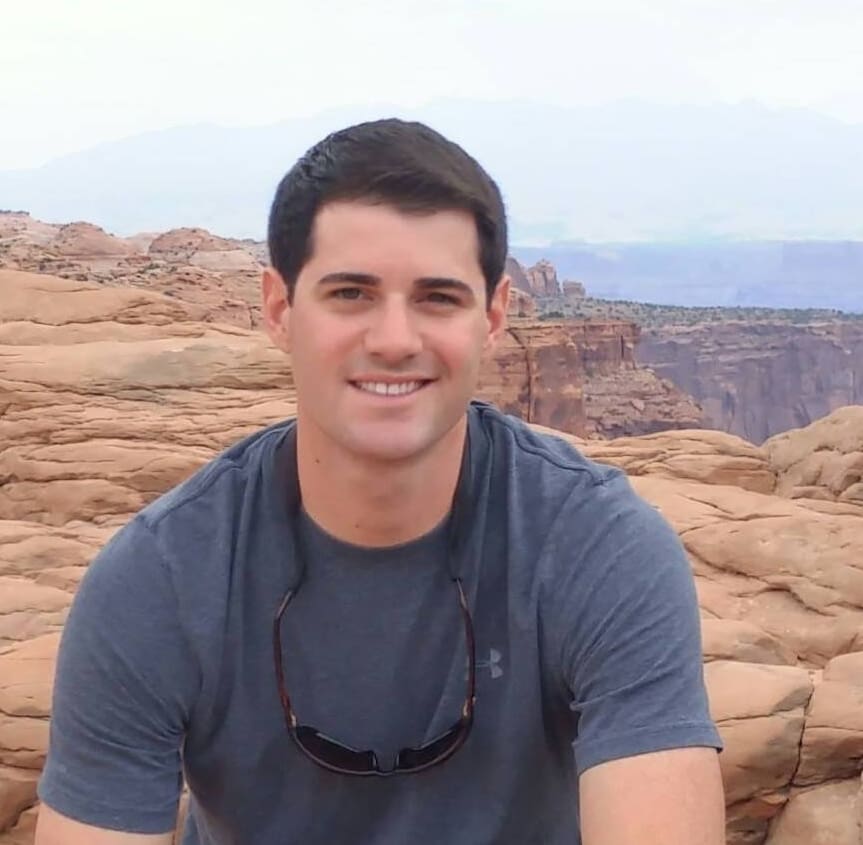Caregiving can be an emotionally and physically demanding role, and it's important to prioritize your own well-being. This might involve seeking support from other caregivers, friends, or family members, as well as taking breaks and engaging in activities that bring you joy and relaxation.
What does being a military or veteran caregiver mean to you?
As a family caregiver, I take great pride in assisting my father during his time of need as a way of giving back to him. However, as a military caregiver, this role has meant making life-altering decisions and significant sacrifices at a younger-than-typical age. While I consider my role an honor, these sacrifices are also unmistakably a service to the country, helping to fulfill President Lincoln’s promise to care for those who have served. This is certainly a vital mission, and one that transcends the act of signing on the dotted line.
What are you most excited to do as a Dole Caregiver Fellow?
As a Dole Caregiver Fellow, I am eager to engage with decision-makers and leaders to effect change within the system. In the past, I have found it frustrating that there has been a communication barrier between those receiving services and those making decisions at higher levels, making it difficult to find answers or feel like my concerns were being heard. Being a part of this platform allows me an opportunity to help bridge the gap between caregivers and leadership, and I am excited to be a part of this effort.
How has your life changed since you became a caregiver? What sacrifices have you had to make?
As a young caregiver, I’ve had to make significant sacrifices in my personal and professional life to care for my father, including giving up my social life, extracurricular activities, career, retirement savings, financial stability, health insurance options, and social security credits. Other young caregivers may face similar challenges with education. These challenges are further compounded by burdensome student loan debt and the inability to participate, as a family or military caregiver, in the Public Service Loan Forgiveness (PSLF) program. I often contemplate the long-term impact of these sacrifices and am concerned about the availability and quality of programs that will be around to support caregivers when they need help.

My Story
In 2018, Shawn Lopez, was 28 years old and had recently completed his second master's degree. He was fresh into his career as a Geologist in Denver when his father, Carlos, a Navy Veteran, had a service-connected stroke caused by late-stage kidney cancer likely connected to toxic exposure while serving at NAF Atsugi, Japan. Due to the extent of his care needs, Shawn realized he needed to quit his job and move to Maryland to care for his dad full-time.
Since being diagnosed in 2003, Carlos has undergone surgeries, radiation, chemotherapy, and immunotherapy treatments. After losing his remaining kidney in 2017, he became reliant on dialysis. He has experienced many secondary complications related to the loss of his kidneys, including the stroke that left him with moderate to severe cognitive impairment, right-side blindness, and recurring seizures. Carlos's cancer has also spread to his lungs, lymph nodes, and spine.
Shawn has taken up almost every aspect of Carlos's life, including managing medications, arranging medical appointments, doing the housework, driving, managing finances, and much more. He has used his research skills from his master's degree in geology to learn more about his dad's condition and to be able to communicate with doctors about treatments for his dad.
In addition to his commitment to Carlos's care, Shawn advocates for caregiver rights and support. He was influential in having a regional hospital group reverse its policy against allowing caregivers to accompany their care recipients during the pandemic after his father's health was adversely affected when Shawn was denied entry into the hospital as his caregiver.
Shawn attended the Veterans' Family, Caregiver, and Survivor Federal Advisory Committee in January 2023 to share his insights and recommendations with the Committee and VA leadership and is a co-founder of Veteran Families for Education and Awareness (VEFA), a non-profit organization focusing on education and awareness of toxic exposure issues impacting veteran families.
As a Fellow, Shawn intends to leverage the platform to increase public awareness of the critical contributions made by military caregivers, highlight the positive outcomes of investing in this community, and offer his insights to enhance the support systems available for caregivers.









